The European Network of Judicial Inspection Services (RESIJ), an organization comprising judicial inspection bodies from several European countries, has announced a collective effort to strengthen the fight against environmental crimes. RESIJ’s recent efforts have focused on reinforcing environmental legislation and its enforcement. Founded five years ago, RESIJ now includes eight member countries and has achieved notable results through its involvement in investigating and preventing environmental crimes, as well as providing recommendations to European institutions.
According to Christophe Straudo, Head of the French General Inspectorate of Justice, RESIJ played a decisive role in drafting a report that includes 20 recommendations aimed at improving the effectiveness of European Union environmental legislation. These proposals were developed over an 18-month effort, coordinated by the French Inspectorate of Justice, and focus on ensuring more efficient enforcement of environmental regulations in the context of Directive (EU) 2024/1203 on the protection of the environment through criminal law.
A significant step in developing this framework was the creation of COPEIJ, an initiative launched under the RESIJ umbrella for cooperation in environmental protection. Raquel Rolo, a judge and member of the Supreme Judicial Council of Portugal, emphasized the essential role of this structure in identifying and combating environmental crimes, providing specialized training, and strengthening the mechanisms for law enforcement.
With four national offices in France, Italy, Portugal, and Romania, and an observer office in Albania, COPEIJ acts as a collective force against environmental crime at the European level. Portuguese judicial inspector Narciso Rodrigues highlighted the need for cross-border collaboration to effectively address criminal phenomena that transcend national borders, such as waste trafficking and illegal logging.
Challenges in Romania
Romania is also facing significant challenges in this area, as noted by lawyer Mircea Teiș. Confronting a variety of illegal activities, including waste trafficking and illegal logging, Romania is actively collaborating in combating cross-border crime within the framework of international agreements.
"It’s a reality. Romania is dealing with various illegal activities that affect the environment. We are talking about illegal fishing, smuggling of protected species, but the most common issues are illegal waste trafficking and illegal logging. While some of these crimes are recorded at the national level, there is also a significant cross-border criminal factor. To combat this phenomenon, a cooperation agreement was signed in Bucharest in 1999 for the prevention and fight against cross-border crime. Today, 36 states and international organizations are collaborating to fight environmental crime, as well as drug trafficking, smuggling, and terrorism,” stated lawyer Mircea Teiș.
This phenomenon of environmental crime requires a prompt and effective response from the criminal justice system, which, according to Judge Irina Șerbănuț, must provide an adequate and integrated answer to combat the growing scale of environmental crimes.
“The expected outcome of the project will be reflected in the recommendations made to the European Commission regarding the justice system versus environmental crimes. Monitoring environmental protection and enforcing European Union environmental laws is fundamental, and judicial inspection services play an essential role,” said Judge Irina Șerbănuț.
Italy, a country with a long history of combating environmental crimes, has seen these issues expand at the European level. Pasquale Starace, commander of the Carabinieri Group for Environmental Protection in Naples, emphasized the need for a strategic and synergistic intervention, based on international cooperation between judicial and law enforcement authorities. He noted that this type of cooperation is the most effective way to combat environmental crime at the European level.
The impact of RESIJ, together with COPEIJ, is already visible through improved international coordination and cross-border investigations. Their efforts have led to the creation of stricter mechanisms for preventing and combating environmental crimes, providing a clear response to Europe’s contemporary challenges in environmental protection.

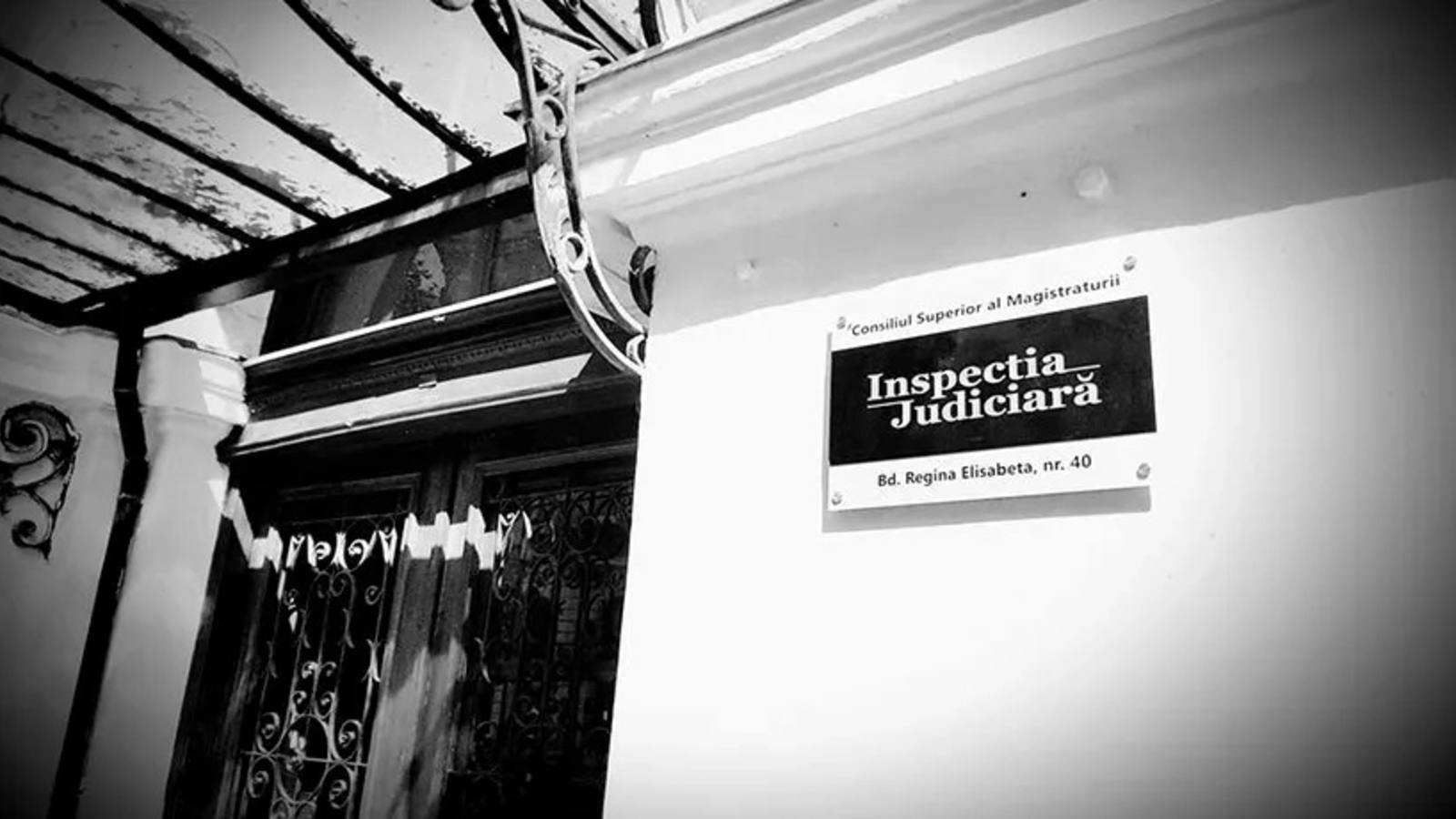






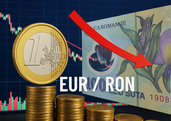


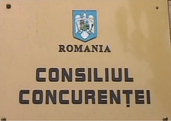





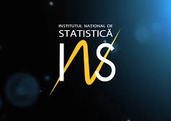


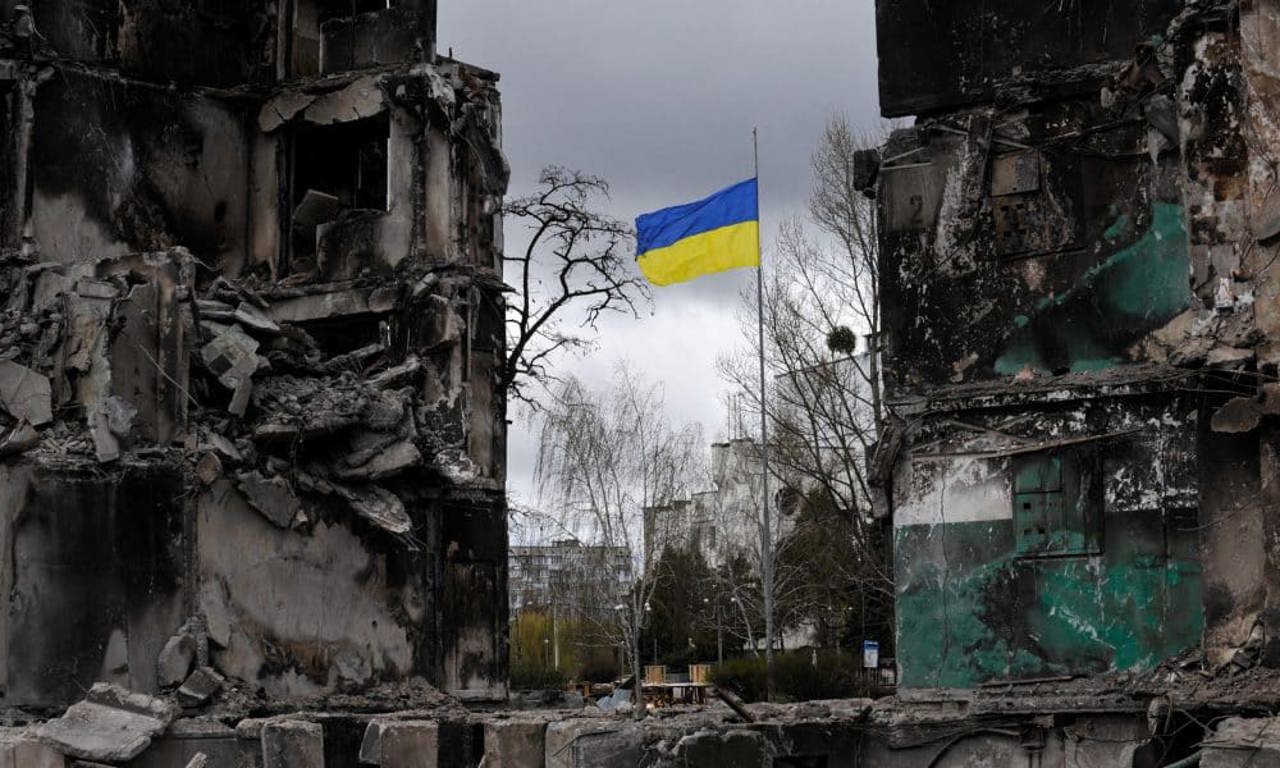











Comentează